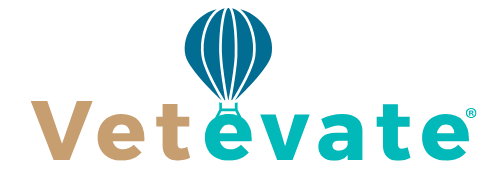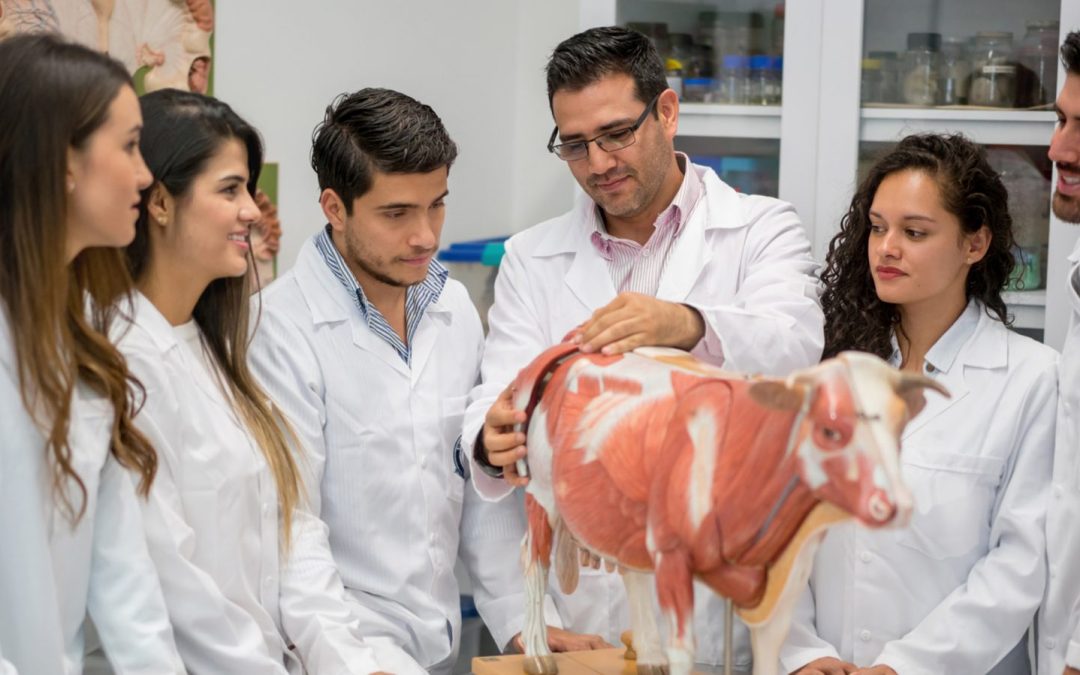Veterinary clinics and hospitals are among the most common employers listed on veterinary job boards, offering a variety of roles for professionals who care for animals directly. The most recognizable of these positions is the veterinarian, who serves as the primary caregiver for pets, livestock, and exotic animals. General practice veterinarians perform check-ups, diagnose illnesses, perform surgeries, and provide preventive care. However, those who specialize in specific fields, such as cardiology, dermatology, or internal medicine, take on more advanced cases requiring specialized knowledge.
Veterinary technicians and technologists also play a vital role in clinical settings. They assist veterinarians in surgeries, administer medications, take X-rays, and provide post-operative care for patients. Their responsibilities are similar to those of nurses in human medicine, and they often act as a bridge between veterinarians and pet owners, explaining treatments and answering questions about animal care. In addition to clinical technicians, there are also veterinary laboratory technicians who work in diagnostic laboratories analyzing blood, tissue, and other samples to detect diseases and abnormalities.
Veterinary assistants are another essential part of the team, performing administrative duties, cleaning and maintaining equipment, and providing comfort to animals before and after medical procedures. While their responsibilities are less technical than those of veterinary technicians, they serve an essential function in keeping the clinic running smoothly. Many assistants eventually pursue further education to become veterinary technicians or veterinarians.
Emergency and critical care veterinary jobs are also prominent on job boards, as 24-hour veterinary hospitals require skilled professionals who can handle urgent medical cases. These roles often demand quick decision-making and the ability to work under high-pressure situations, making them well-suited for individuals who thrive in fast-paced environments. Critical care veterinarians, as well as technicians trained in emergency medicine, handle trauma cases, poisoning incidents, and severe illnesses that require immediate attention.
Careers in Animal Research, Conservation, and Public Health
Beyond private veterinary practices, there are numerous career opportunities in research, conservation, and public health that appear on veterinary job boards. Veterinary researchers work in pharmaceutical companies, universities, and government agencies to develop new treatments and medications for both animals and humans. They conduct clinical trials, study diseases, and contribute to advancements in veterinary medicine that enhance animal health and welfare.
Zoological medicine is another specialized field where veterinarians care for wildlife and exotic species in zoos and conservation centers. These professionals must have extensive knowledge of various species, including their dietary needs, natural behaviors, and common diseases. Zoo veterinarians often collaborate with animal behaviorists and conservationists to ensure the well-being of animals in captivity while also participating in breeding programs for endangered species.
Wildlife rehabilitation centers also employ veterinary professionals to care for injured or orphaned wild animals with the goal of releasing them back into their natural habitats. Veterinarians and technicians in these roles treat wounds, administer vaccinations, and provide rehabilitation plans for animals that have been affected by habitat destruction, natural disasters, or human interference. Some positions in wildlife medicine involve fieldwork, requiring professionals to travel to remote locations to assist with conservation efforts.
Public health is another field where veterinarians play a critical role. Government agencies such as the Centers for Disease Control and Prevention (CDC) and the United States Department of Agriculture (USDA) hire veterinarians to study zoonotic diseases—illnesses that can be transmitted between animals and humans. These professionals develop policies to prevent disease outbreaks, conduct epidemiological research, and work on food safety initiatives to ensure that animal-derived products are safe for consumption.
Animal Welfare, Education, and Alternative Veterinary Careers
For individuals passionate about advocacy and education, there are many animal welfare and outreach jobs available on veterinary job boards. Animal shelters and rescue organizations employ veterinarians and veterinary technicians to provide medical care to homeless animals, perform spay and neuter surgeries, and assess animals before adoption. Shelter medicine is a growing field that focuses on preventive care and disease control in large populations of animals housed in rescue facilities.
Humane societies and non-profit organizations also offer careers for those interested in animal welfare policy, advocacy, and education. Veterinarians working in these organizations may help develop humane laws, investigate cases of animal cruelty, or provide low-cost veterinary services to underserved communities. Some veterinarians work internationally with non-governmental organizations (NGOs) to provide medical aid to animals in developing countries, where access to veterinary care may be limited.
Veterinary educators also play a significant role in shaping the future of the profession. Veterinary colleges and technical schools hire professors and instructors to teach aspiring veterinarians and technicians about anatomy, physiology, pharmacology, and clinical procedures. Experienced veterinarians may also serve as mentors in internships or residency programs, guiding new graduates through hands-on training in specialized fields.
Alternative veterinary careers are becoming more popular as well. Some veterinarians pursue roles in telemedicine, providing virtual consultations and remote guidance to pet owners. Others become veterinary writers, producing educational content for pet blogs, scientific journals, and textbooks. The pet insurance industry also hires veterinarians to review claims, develop policies, and educate clients on coverage options. In addition, veterinarians with an entrepreneurial spirit may open their own clinics, develop pet-related products, or work in business consulting for veterinary practices.
Overall, veterinary job boards feature a diverse range of opportunities beyond traditional clinical practice. Whether someone is interested in hands-on patient care, research, conservation, education, or public health, there are countless career paths available for those passionate about improving animal health and welfare.




